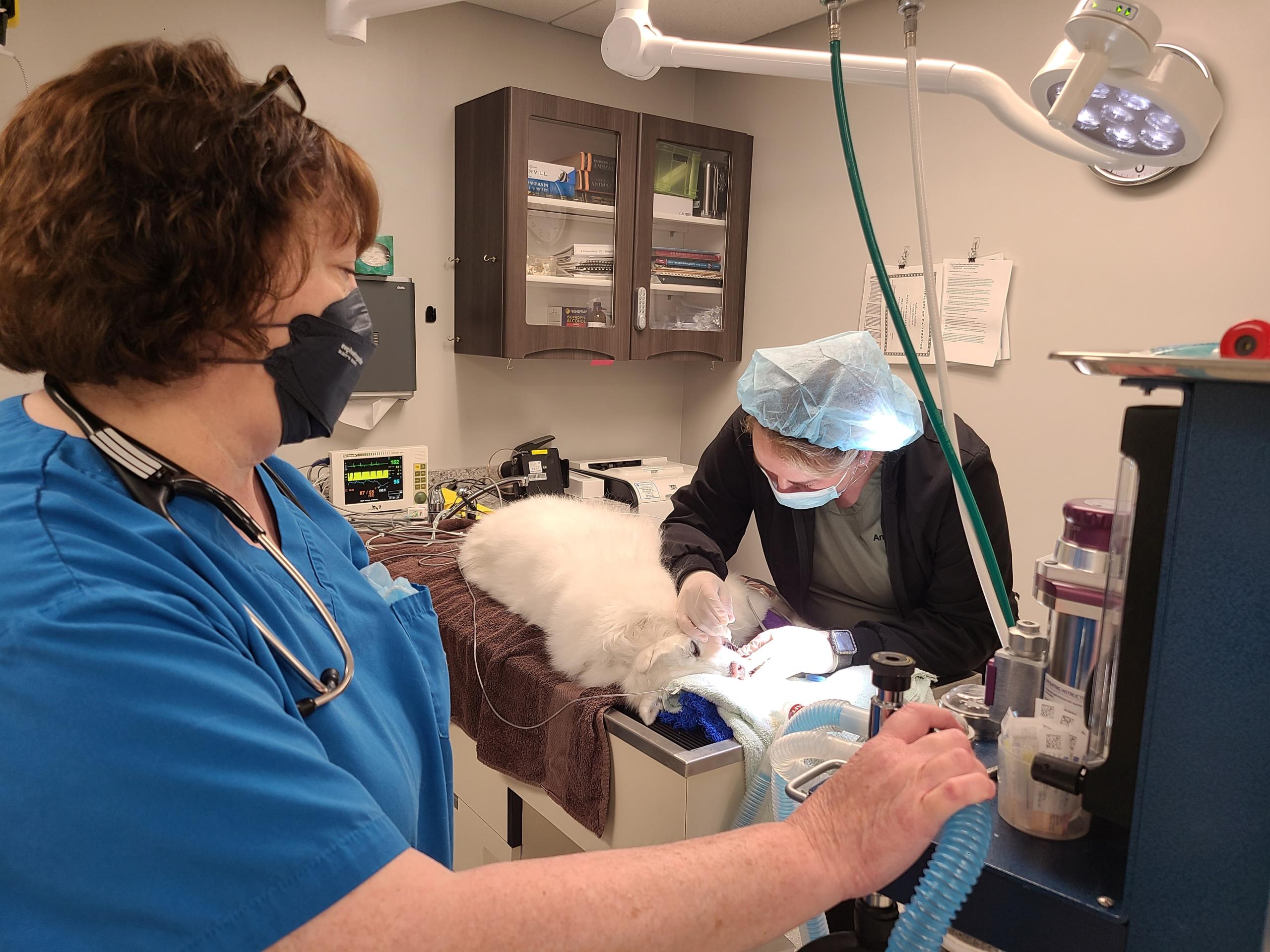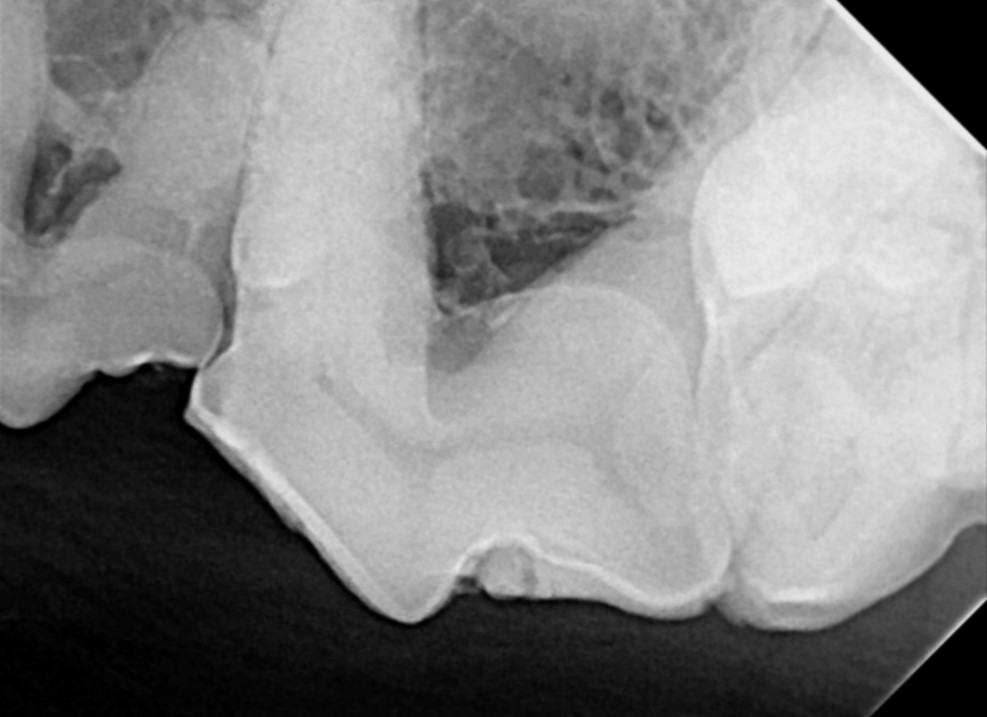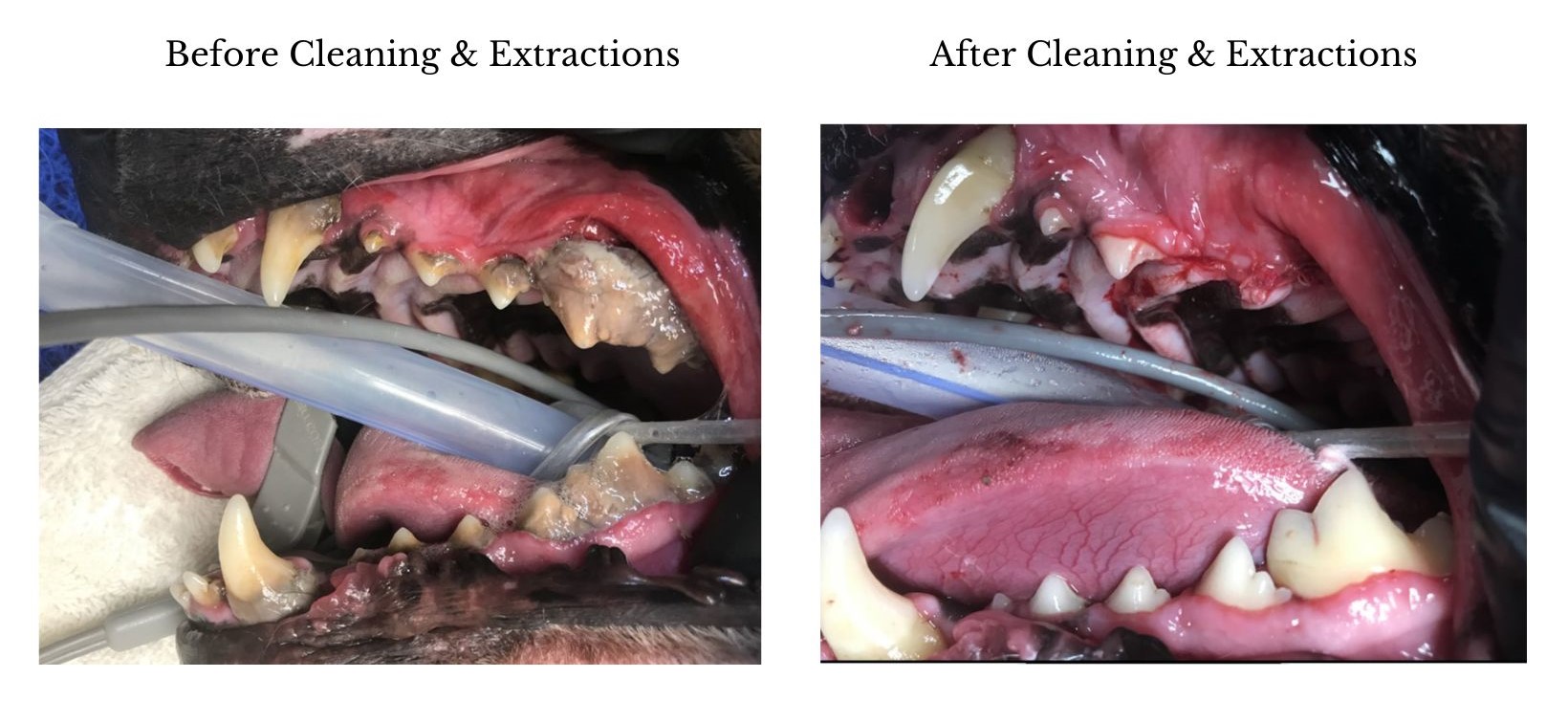A healthy mouth plays a vital role in the well-being of both humans and animals. In veterinary medicine, ensuring proper dental care for your dog or cat will help maintain their health, prevent dental related diseases, and promote a long and happy life. One of the most important aspects of professional teeth cleanings and treatments for dogs and cats is the appropriate use of anesthesia. In this blog, we’ll walk you through why veterinary anesthesia is used in dental procedures for dogs and cats, and how it can help ensure your pet gets thorough, effective, and safe treatments.

Is Anesthesia Really Necessary for My Pet’s Dental Care?
When the subject of anesthesia is brought up when clients are being briefed on veterinary dental procedures, it’s not uncommon for them to be unsure and ask, “Is anesthesia really necessary for this?”
The use of anesthesia is most commonly associated with major procedures or surgeries, and some pet parents are surprised to learn that it’s also widely used in veterinary dentistry for everything from routine cleanings and comprehensive oral exams to tooth extractions and more. The use of anesthesia in veterinary dental procedures is a key factor in patient safety and comfort. In fact, veterinary dentistry guidelines from numerous organizations, like the American Animal Hospital Association, discourage performing any procedure that involves scaling a pet’s teeth with dental instruments while they are fully awake due to safety, efficacy, and ethical concerns.
While it may be tempting to opt for an anesthesia-free dental care option, like those offered by some groomers or pet stores, dental procedures done without anesthesia can not only be less effective, but also more stressful and risky for your pet.
Anesthesia and the Standard of Care for Veterinary Dentistry
Professional veterinary and dental organizations agree that the benefits of utilizing anesthesia for veterinary dental procedures far outweigh any risks associated with anesthesia use. Due to its effectiveness and, most importantly, safety, they have deemed anesthesia use part of veterinary dental standards of care.
Anesthesia ensures that pets remain still and comfortable during procedures, allowing veterinarians to perform thorough examinations and treatments without causing stress or pain to the animal. By following stringent protocols and meeting acceptable standards of care, veterinarians prioritize the well-being of pets, ensuring they receive the highest quality of dental care in a safe and controlled environment. Now that we’ve established why veterinarians use anesthesia the way we do for dental care, let’s dive into the biggest aspect of dental anesthesia: patient safety.

The "Root" of the Issue: Patient Safety and Comfort
Professional teeth cleanings and veterinary dental treatments can include scaling, polishing, and extractions. Anesthesia eliminates the opportunity for stress and anxiety that would occur if the patient remained awake. Because dental tartar is cemented on the teeth, a scaling device is used to remove it. This requires the patient to remain immobile during the procedure. A slight movement by the patient can cause damage to the gum tissue, resulting in pain, further dental complications, or even harm to those treating the pet.
The majority of dental disease is located below the gumline, making precision and accuracy essential. Because such delicate movements are required to scale and then probe each individual tooth, it's important for the pet to remain completely still – which can be an unrealistic ask for even the most obedient or well trained pets. In human dental care, we understand and cooperate with these procedures, but we can’t expect the same from our pets. It would not be safe or ethical to complete these tasks on a dog or cat unless the patient has the benefits of anesthesia.
Inhalation anesthesia, using a cuffed endotracheal tube, provides many advantages to patient safety. Not only does it provide immobilization of the patient for safe and effective cleaning, treatments, and pain management, but the cuffed endotracheal tube protects your pet's airway. If they are awake, there is concern about inhaling water (aspiration), which can lead to complications for your pet beyond their dental issues, as this fluid is filled with bacteria and can result in severe lung infections.
How Anesthesia for Pet Dental Care Works & What to Expect
Though putting your pet under anesthesia can feel dangerous or make you feel uneasy, rest assured that we do everything in our ability to make it as safe as possible. Before every surgery in our clinics, we require pre-anesthetic or pre-surgical blood work. This allows our doctors to have an inside look at your pet's internal body function to make sure they have the ability to process the anesthetic medications and heal.
On the day of the procedure, every patient receives an additional pre-surgical exam. An IV (intravenous) catheter is then placed in every patient prior to the start of their surgery or procedure. Having IV access is key to maintaining hydration with fluids as well as administering any medications they may need before, during, or after the procedure. A Registered Veterinary Technician (RVT) is monitoring them the entire time. The RVT monitors vitals including oxygen, blood pressure, and electrocardiogram (ECG), among others and adjusts the amount of inhalant anesthesia based on these findings. Temperature is also evaluated throughout the duration of the procedure, and warming devices are used when appropriate to ensure your pet’s comfort.

Safety in Veterinary Dentistry Is Our Top Priority
Your pet's well-being is our top priority, and we are proud of the thoroughness and tailoring of our surgical and anesthetic protocol for your pet. While there is always a risk with anesthesia, we do everything in our ability to reduce this risk while providing safe professional teeth cleaning procedures.
For more information, please visit the American Veterinary Dental College regarding this topic.
If you have questions and you'd like to reach out to us, you can call us directly at (941) 253-5218, or you can email us at staff@uacvet.com. Don't forget to follow us on social media Facebook, Instagram.
